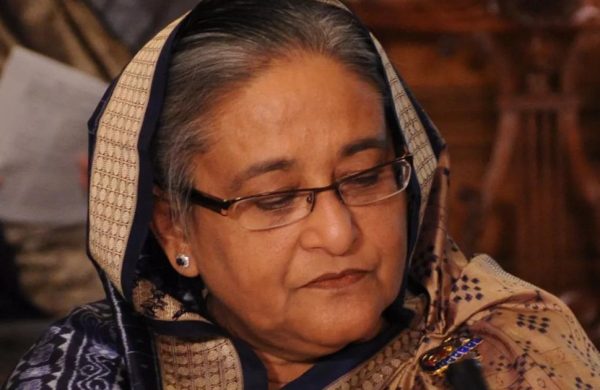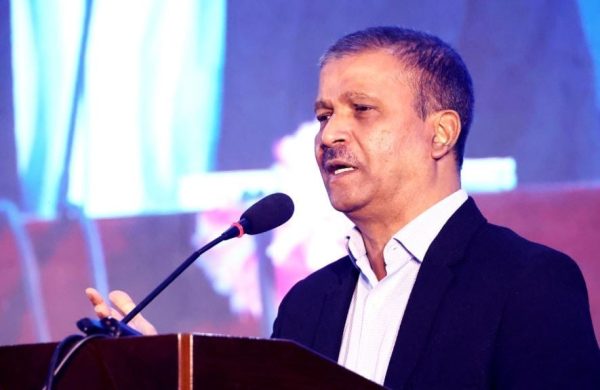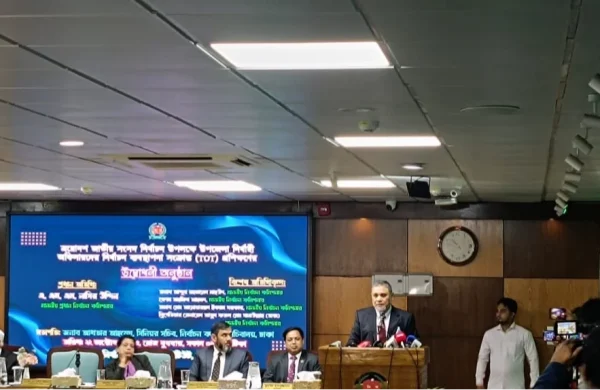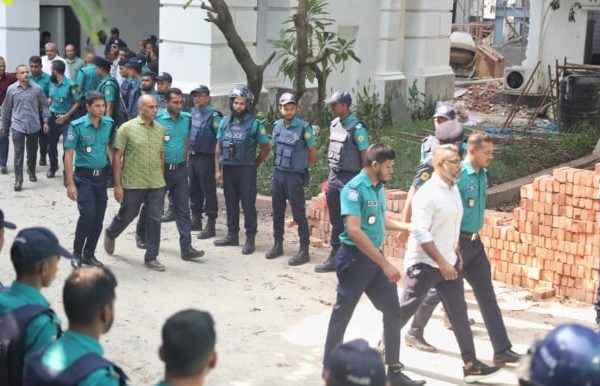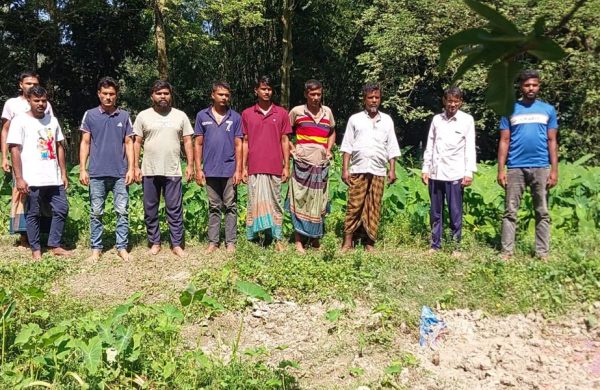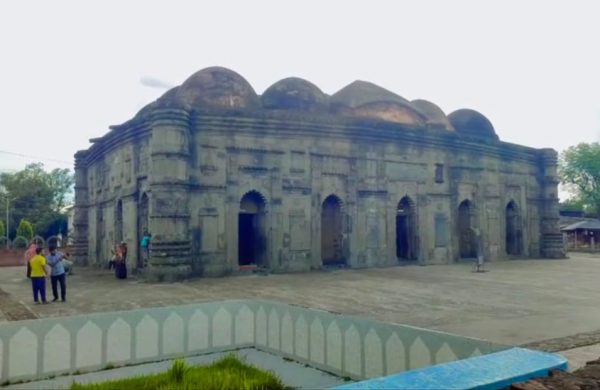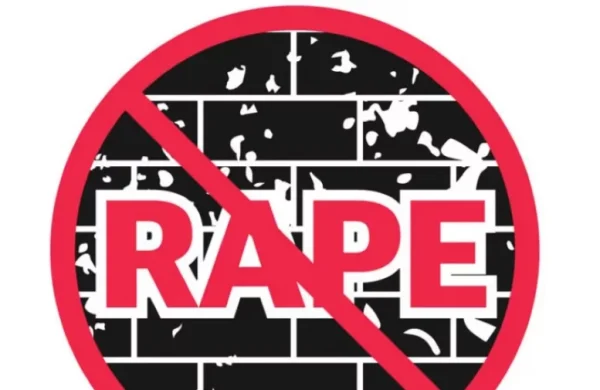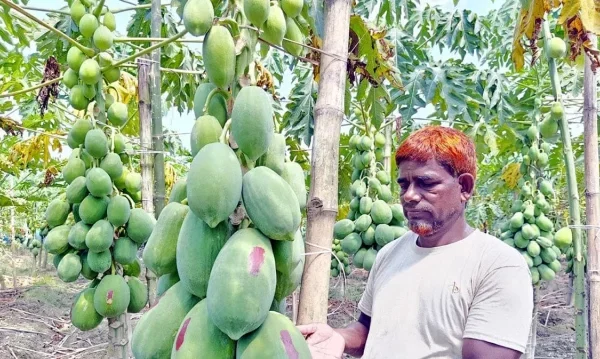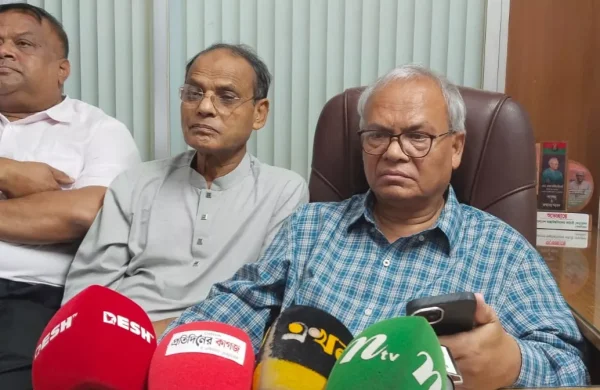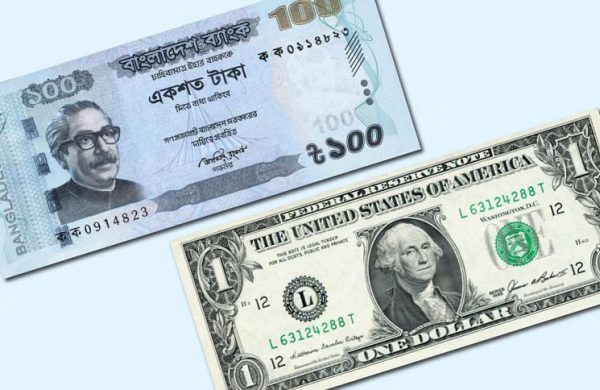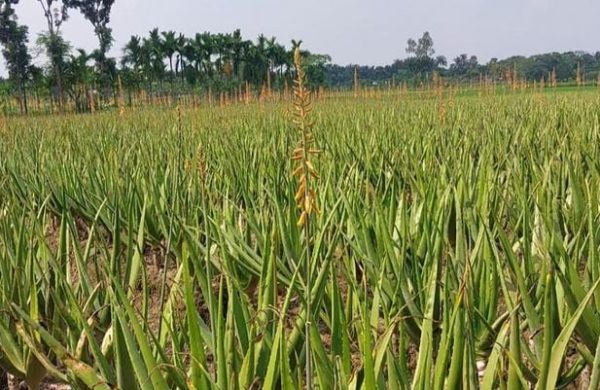Where is the politics heading?
- Update Time : Sunday, January 5, 2025

TDS Desk:
The outgoing year of 2024 was full of “political sparkles.” Now prospects are high the New Year 2025 will be the same, and citizens have all the facts at their disposal to think in this way. The chances are high due to disillusionment over the apparently outlandish expectations following the July-August anti-fascist uprising.
In a repeat of history, the uprising did not yield a “near-utopian” world many people had expected with price hikes rampant, notable law and order breakdown, and diminishing economic growth potentials. As a result, almost six months after the bloody political shakeup that drew global media awe, citizens are patiently looking for brighter days in 2025, with a caveat that another heartbreak might occur.
The weariness over 2025 particularly stems from Chief Adviser Prof Muhammad Yunus’s 16 December Victory Day address in which, he failed to provide a clear roadmap for general elections. He did attempt to clear some of the clouds, saying if major state reform initiatives are not undertaken, elections might be held by end of 2025, otherwise, another six months might be needed.
The state reform initiatives are widely welcomed by the majority of the July-August movement participants, according to their testimonies given at a national dialogue on 27 December. However, BNP, the country’s biggest political party after the now-isolated Awami League pro-fascist party, are concerned at the delays the reforms might cause and are seeking an election at the earliest possible time.
SOME OTHER POLITICAL PARTIES, PARTICULARLY THE LEFT-LEANING ONES, ARE ALSO OF THE SAME VIEW
But the Islamic parties including the biggest of the group, Jamaat-e-Islam, want to give the Yunus-led interim government “reasonable time” for the state reform programme. Many suspect that in the meantime, the Islamic parties are seeking to embolden their organisational strength and public appeal after repeated poor show in previous fair elections.
On 23 December, a week after the chief adviser’s Victory Day address, BNP Secretary General Mirza Fakhrul Islam Alamgir called on people from all walks of life to take to streets for the “right to food” and the “right to vote.” Bereft of strong allies, the party apparently has sought to bring the general people on board by tapping into their grievances over elevated consumer inflation.
However, widespread allegations of encroachment, extortion and terrorist acts against BNP’s grassroots activists make the prospects unlikely, at least for the near future. After years of hiding under Awami League totalitarian rule, BNP low-ranking leaders and activists are seeking to fill up the space for corruption left vacant by fleeing Awami League men. And BNP’s central leaders seem to have no control over their juniors.
BNP’S POLITICAL ALLIANCE CHANCES ARE NOT BRIGHT EITHER
Indeed, the Awami League, which collaborated in the 1990 anti-dictator movement, has gone into hiding due to people’s anger at the party’s fascist policies, and BNP has resorted to strategic plans to distance itself from Jamaat-e-Islam, BNP’s strong ally in the anti-Awami League movement during the past 15 years.
Now the question is who else would support BNP in their anti-government movement demanding elections at the earliest possible time? Can Awami League become a “frenemy” as it also seeks an early general election to rebuild its public image. The saying goes that “nothing is fair in love and war,” and the war for political gains is no exception.
Other strong political players like Jamaat-e-Islam and Islami Andolon are more keen to work with the government and an aspiring political force, potentially blessed by the Prof Yunus administration. This political force could be a game changer not only because of the suspected state backing for it, but also because it includes the students who led the July-August mass uprising.
The military establishment could also become a deciding force as it was seen shortly after the July uprising and also in 2007 political unrest. Seeing the Yunus government, which the armed forces helped create following the uprising, failing to tackle the security and economic crisis, the army might intervene and grab state power. However, whether the military would back BNP’s demand of swift elections, especially amid the countrywide terrorist activities being conducted in the party’s name, is an open question.
In this political backdrop, four political equations are most likely to emerge in 2025:
BNP might form an alliance with its erstwhile archenemy Awami League to exact swift elections from the government through massive street demonstrations. Ironically, the demonstrations might also enforce a desperate regime change with the army grabbing power to restore law and order.
BNP might form an alliance with other small and mid-sized parties to secure its demand.
Jamaat-e-Islami is likely to form a big group with all other small and big Islamic parties, and create an anti-BNP front. Whether this alliance would take to the streets to resist BNP’s efforts, in favour of a “reform first” policy remains to be seen.
Jamaat-e-Islami and its potential allies might also rope in the Yunus-backed and youth-led aspiring political force to strengthen the anti-BNP heft. This grand alliance also has to decide if it would challenge BNP on the streets, should the latter choose forceful means to bring about swift polls.
The other small and mid-sized centre, centre-right, centre-left and left wing parties might form a mega alliance of their own, given their high social status, despite poor voter base.
Taking all these scenarios into consideration, the Yunus-led administration should outline a detailed election roadmap at the earliest, or risk becoming controversial and losing the credibility it still enjoys.



